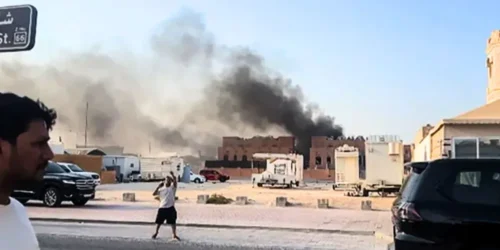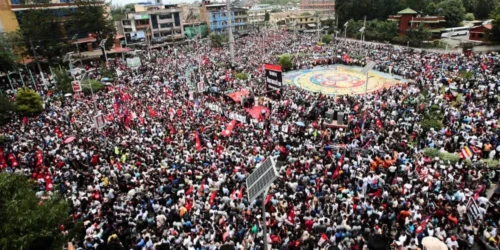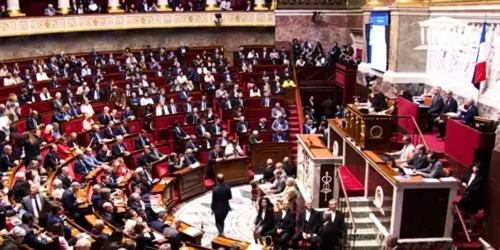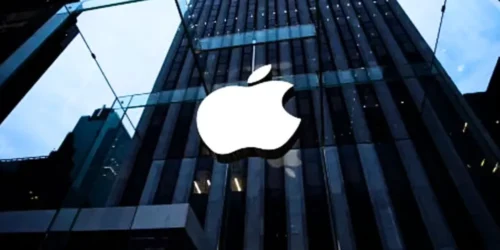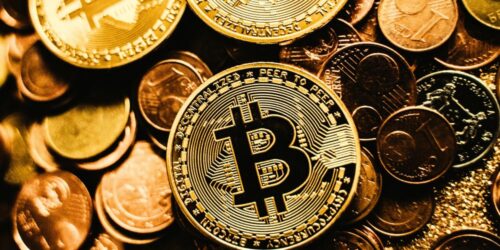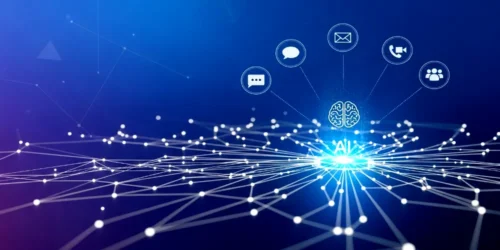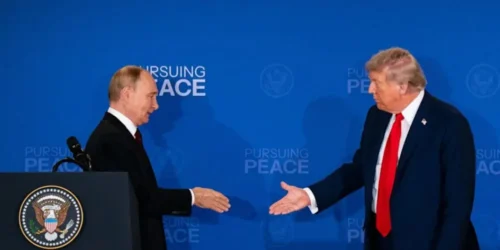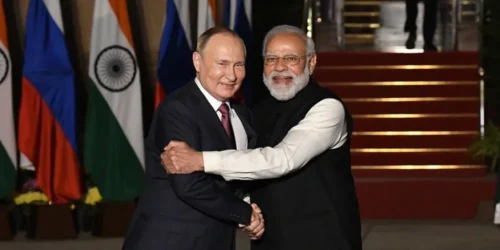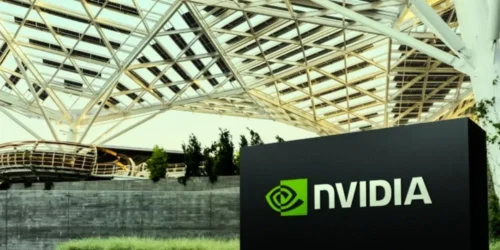Something feels different about the weather, doesn’t it? The summers seem angrier, the storms more ferocious, and the “once-in-a-lifetime” weather events now feel like a yearly occurrence. For too long, we have treated climate change as a distant, abstract problem for future generations. But the future is here. The endless debate is a luxury we can no longer afford, as the evidence is not just in scientific charts but right outside our windows.
Reality at Our Doorstep
We are no longer talking about hypotheticals. We witness the tangible consequences every day. Raging wildfires turn skies orange thousands of miles away. Unprecedented floods devastate communities, and prolonged droughts threaten our food and water supplies. This isn’t a political issue; it’s a reality that impacts our homes, our health, and our wallets, regardless of our beliefs. Ignoring it is like ignoring a fire spreading through your own house.
Beyond Melting Ice Caps
While the image of a lone polar bear on a shrinking iceberg is powerful, it dangerously simplifies the issue. Climate change is a human crisis. It displaces families, disrupts economies, and hits the world’s most vulnerable people the hardest. Farmers who cannot grow crops, fishermen who find their waters empty, and communities who lose their homes to rising seas are the real faces of this global challenge.
The Blame Game Gets Us Nowhere
Pointing fingers at specific industries or nations is a counterproductive delay tactic. Yes, corporations and governments hold immense power and responsibility. However, this crisis is a product of our modern, interconnected world. We all participate in the system that drives emissions. Wasting time assigning blame prevents us from focusing on the one thing that matters: building a collaborative, global solution.
Hope Lies in Innovation
Fortunately, despair is not our only option. Human ingenuity offers a powerful path forward. We possess the technology for a cleaner future, from affordable solar and wind power to innovations in sustainable agriculture and energy storage. The transition to a green economy presents an incredible opportunity to create new jobs, foster healthier communities, and build a more resilient and equitable world. We just need the collective will to invest in it.
A Personal and Political Duty
Ultimately, meaningful change requires action on every level. It starts with the conscious choices we make every day—what we buy, how we travel, and how we consume energy. But it must extend to our civic duty. We must demand bold climate policies from our leaders, support businesses that prioritize sustainability, and hold our elected officials accountable for protecting our shared planet for future generations.
Conclusion
The science is clear, and the effects are undeniable. Climate change is the defining challenge of our time, and the clock is ticking loudly. We stand at a crossroads, with the power to either continue down a destructive path or pivot toward a sustainable future. The legacy we leave depends entirely on the choices we make today. The responsibility and the opportunity belong to all of us.


